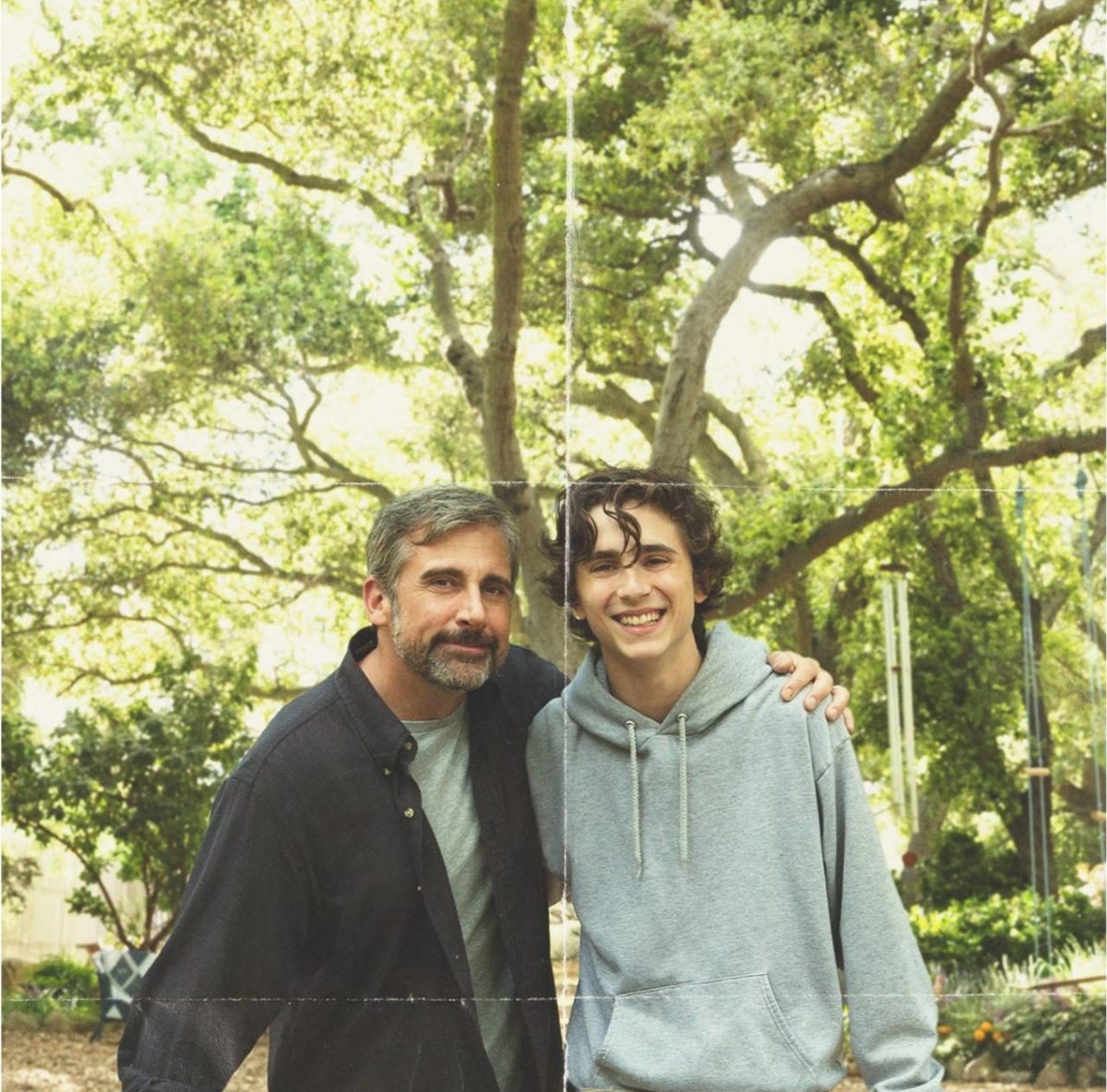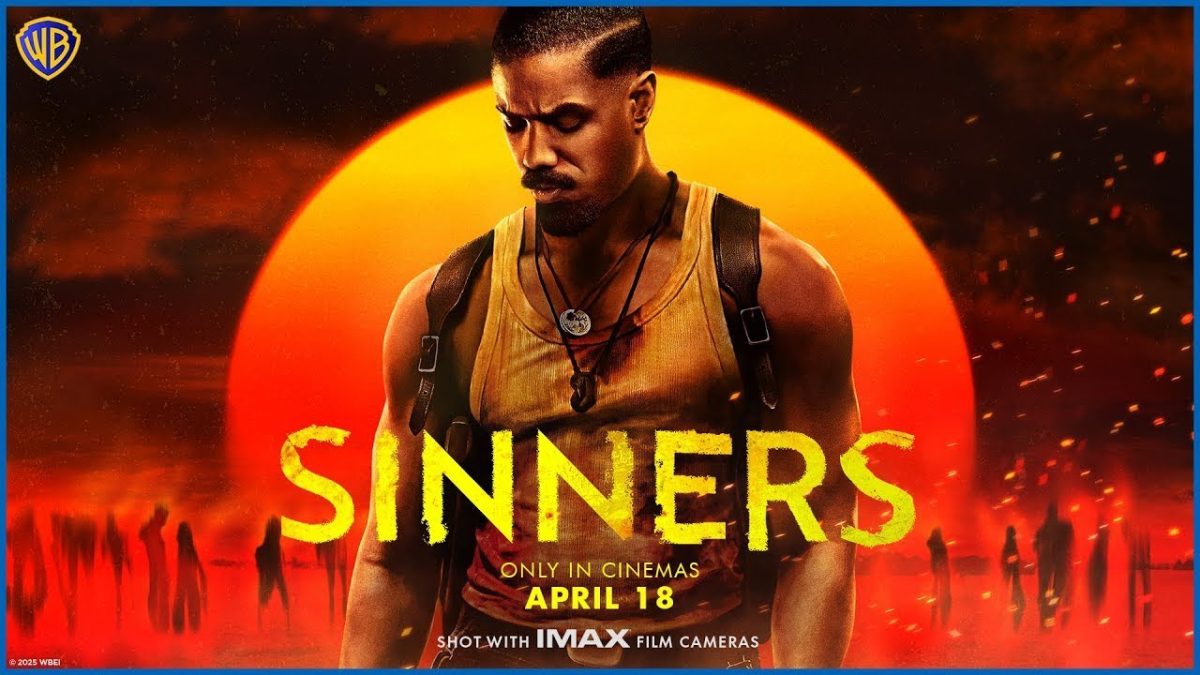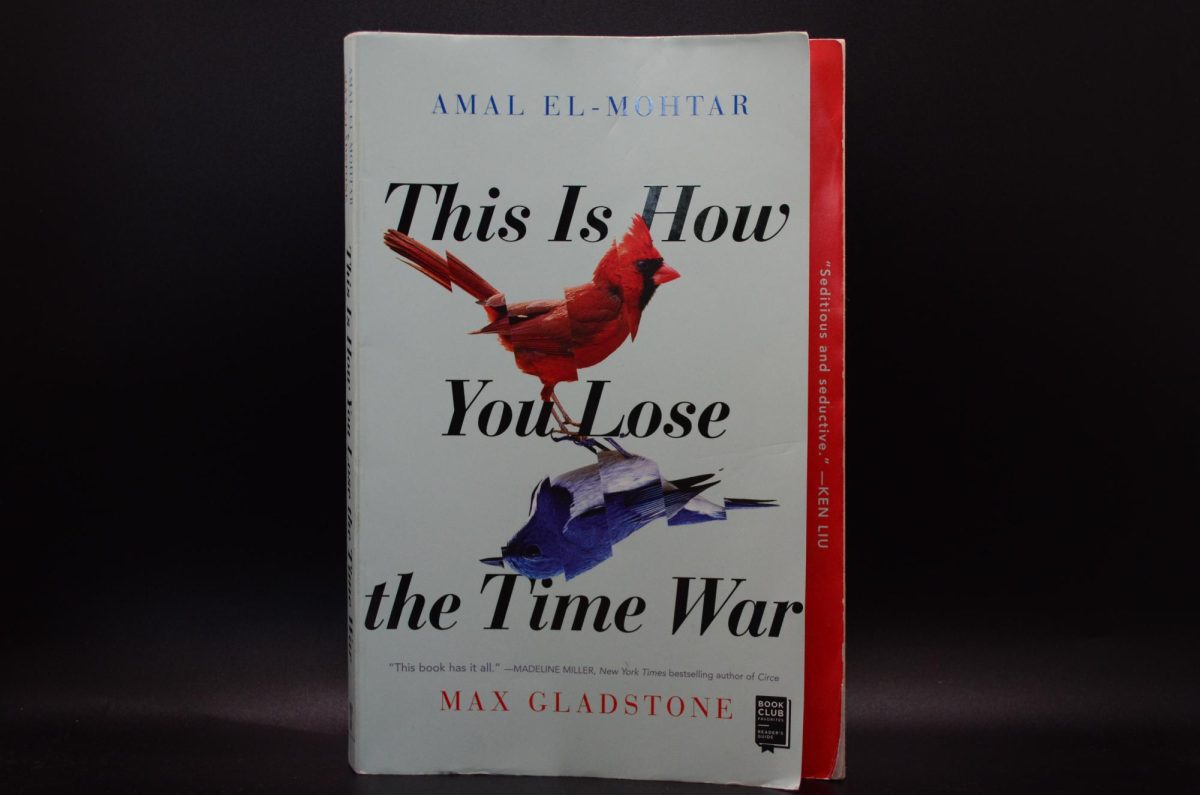Based on a real-life story, Felix Van Groeningen, director of “Beautiful Boy,” dives into the complex reality of addiction and its effect on loved ones. The 2018 film stars Timothee Chalamet as Nicolas Sheff, and Steve Carel as David Sheff, Nic’s father. This heartbreaking story follows Nic throughout his teenage years and his experience with addiction, specifically, crystal meth.
Throughout parts of the movie, the setting switches back and forth between Nic’s younger self and his present self, exploring what his life used to be like before his addiction took over. The younger parts of Nic show us how his relationship used to be with his dad, along with showing the authentic sides of Nic. This cinematic approach allows the audience to feel what Nic’s father is feeling as he watches his son become unrecognizable, while also exposing us to the impossible battle Nic is fighting.
“Beautiful Boy’s” timeline shifts through Nic’s experience in high school and through college. He goes in and out of addiction and rehab throughout the film. Nic’s constant fight for sobriety is excruciating to watch.
“Beautiful Boy” by John Lenon, and “Song to the Siren” by Tim Buckley are both featured throughout the movie, enhancing the feelings of the audience perfectly. John Lennon touches on the unique relationship between a father and a son, and is played in both Nic’s younger parts and present. This shows the juxtaposition of the two different Nics, and the agonizing change addiction causes.
Chalamet and Carell’s acting is so raw and real to the point it’s eye-opening. It’s impossible to not feel all the emotions of the characters. It completely changed our own view on drug addiction while also aiding in ending the stigma around people who suffer from addiction. One of the main takeaways of the movie is that addiction isn’t something that can just be stopped – it’s a disease that, until given proper treatment, can be uncontrollable.
As a viewer, this movie is absolutely beautiful, devastating and unsettling all at the same time. The depth of this movie gives a new perspective on a topic that is seen as taboo and shameful in our society. We found it so inspiring and touching that taking action of our own was necessary.
We were lucky enough to have the opportunity for Naloxone training at CHS, led by CHS student Moose Gultekin, and a member of the University of Michigan School of Nursing, Opioid Research Institute and the Overdose Prevention Education Network (OPEN). The training was held in health and English teacher Becky Brent’s classroom. Naloxone is an emergency opioid overdose treatment that rapidly reverses the effects of an overdose and can save so many lives. With the growing opioid crisis we have today, being educated on Naloxone is such a valuable skill, and this movie emphasizes that. As Nic and the audience watch overdoses happen throughout the film, it makes the fears and dangers of addiction feel that much more real.
All in all, this film was a once-in-a-generation production. It touches on some dark and deep themes that are often overlooked or avoided in our society today. The importance of this movie cannot be stressed enough because it challenges the viewers to see addiction for what it truly is – a war you can’t fight alone.











